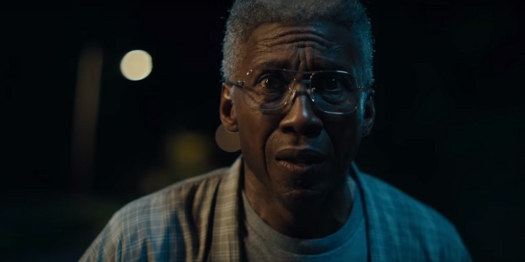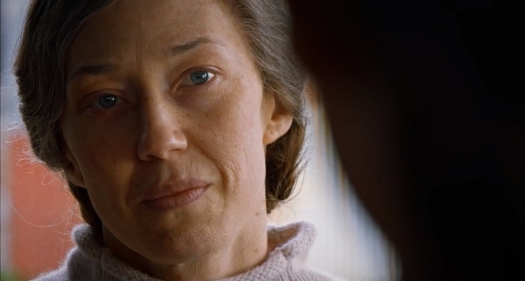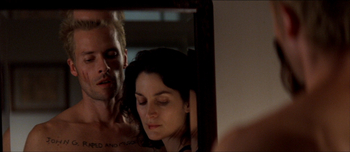Insincere Insincerity
Most hot young actors wouldn’t dare trying to play vacuous, affected, manipulative, selfish, back-stabbing rich kids. It would look too much like reality. Ryan Phillippe, though, is one of our great screen artists. He has the guts to play a vacuous, affected, manipulative, selfish, back-stabbing rich kid, and to avoid the criticism that he is simply being himself, he decides to play the role badly.

 Sometimes the success or failure of a movie, book, or television show hinges on a short passage. If that small part works, so does the whole; if the crucial bit comes up short, the entire enterprise falls apart. For me with the third season of creator/writer Nic Pizzolatto’s HBO series True Detective, the moment comes late in the finale when former cop Wayne Hays drives up to the house of a person he strongly suspects is Julie Purcell, who disappeared with her brother Will 35 years ago and has eluded him ever since.
Sometimes the success or failure of a movie, book, or television show hinges on a short passage. If that small part works, so does the whole; if the crucial bit comes up short, the entire enterprise falls apart. For me with the third season of creator/writer Nic Pizzolatto’s HBO series True Detective, the moment comes late in the finale when former cop Wayne Hays drives up to the house of a person he strongly suspects is Julie Purcell, who disappeared with her brother Will 35 years ago and has eluded him ever since. The question of what actually happened with Nora hangs over the finale of The Leftovers, but it is finally unknowable in any conclusive sense. Yet as much as the finale’s approach invites speculation, questions, and theories, it also tells us how to process it.
The question of what actually happened with Nora hangs over the finale of The Leftovers, but it is finally unknowable in any conclusive sense. Yet as much as the finale’s approach invites speculation, questions, and theories, it also tells us how to process it. It might sound like a lame excuse. But if a man cheats on his wife, he might explain himself this way: “I couldn’t help it. My evolved psychological mechanisms made me have an affair.” And he’d be right. Sort of.
It might sound like a lame excuse. But if a man cheats on his wife, he might explain himself this way: “I couldn’t help it. My evolved psychological mechanisms made me have an affair.” And he’d be right. Sort of.
 It’s not a surprise that Tropic Thunder unseated The Dark Knight last weekend after four-week reigns atop the box-office charts and the Box Office Power Rankings. Good reviews, some protests, Ben Stiller, and a white-hot Robert Downey Jr. will do that, although its $40-million six-day take has to be considered something of a disappointment in light of its $92-million production budget.
It’s not a surprise that Tropic Thunder unseated The Dark Knight last weekend after four-week reigns atop the box-office charts and the Box Office Power Rankings. Good reviews, some protests, Ben Stiller, and a white-hot Robert Downey Jr. will do that, although its $40-million six-day take has to be considered something of a disappointment in light of its $92-million production budget. I have no problem
I have no problem